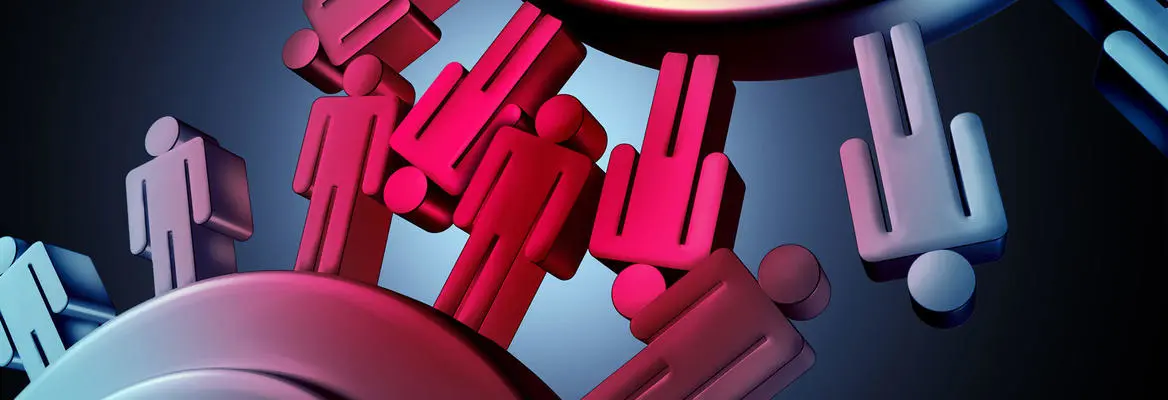Do some societies trust each other and their governments more than others, and does this explain why stringent lockdown rules have been applied in some places and not others? Or should we be wary of this binary sliding scale reinforcing social stereotypes?
After the lockdown, as measures start to be eased up around the world, who will we trust to see without a mask? Who will we trust with a kiss and hug? Who will we trust to have intimate relationships with?
These are some of the questions on my mind as we very slowly emerge from one of the most stringent lockdowns in Europe. In Italy, Phase 2 has officially started.
After eighty days of isolation, I am free to go out, and can finally go for a run in the park. I can also visit family within the limits of my region, albeit not friends until the Phase 3 is rolled out.
A friend of mine put this beautifully in an email: “I think people will have to restack their self-identities and relationships with family, friends and community. Will we be able to trust the judgment, behaviour of others to ensure our safety before the vaccine and even after? Trust will take on a new dimension I think. But so too will love”.
What does trust even mean?
Trust pervades the everyday reciprocity of social relations: it is the oil that permits the cogs in the wheels of society to run.
As the British sociologist Anthony Giddens theorised in his book “The consequences of modernity, 30 years ago, trust is the foundation of self and provides ontological security. Through primary relationships with parents and carers during the early years of life, we learn to trust others, trust ourselves, and navigate the world.
As we grow up, we learn to do this by trusting others beyond our family unit: from the first persons that our parents trust for childcare, to teachers, and then friends and lovers. Trust pervades the everyday reciprocity of social relations: it is the oil that permits the cogs in the wheels of society to run.
Trust is often quantified. Is there trust? Isn’t there trust? Discussions around covid-19 were dominated by numbers, as pointed out by sociologist Mark Davis at the University of Melbourne. Infection rate, mortality rate, graphs showing the number of daily tests, discussions on whether the expected target was reached, etc… all summed up the calculations and projections which we have been absorbing in the past three months. They have determined in one way or another (although, in ways that have not always been transparent), whether we are confined within the walls of our homes, or whether and when we are able to go out again.
Research aimed at assessing the levels of trust of individuals linked, in a statistically significant way, with the compliance to public health measures is not new. To cite one of many similar studies, surveys conducted by researchers at the University of Georgia in the United States on public responses to the 2009 H1N1 pandemic found that respondents who exhibited lower trust were less likely to comply with public health advice. Similar surveys are being conducted now to measure compliance with public health advice in the pandemic.















Join the conversation